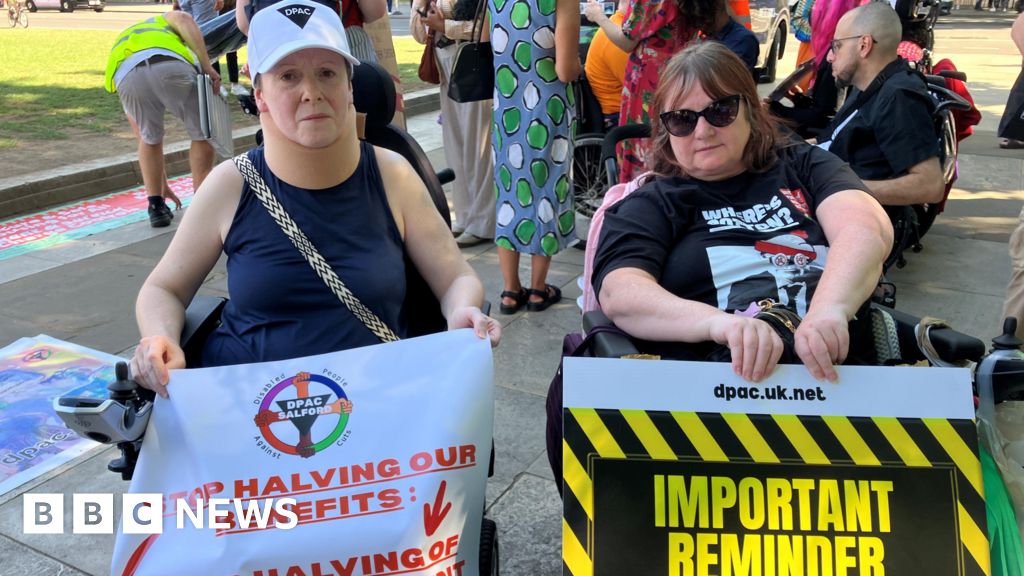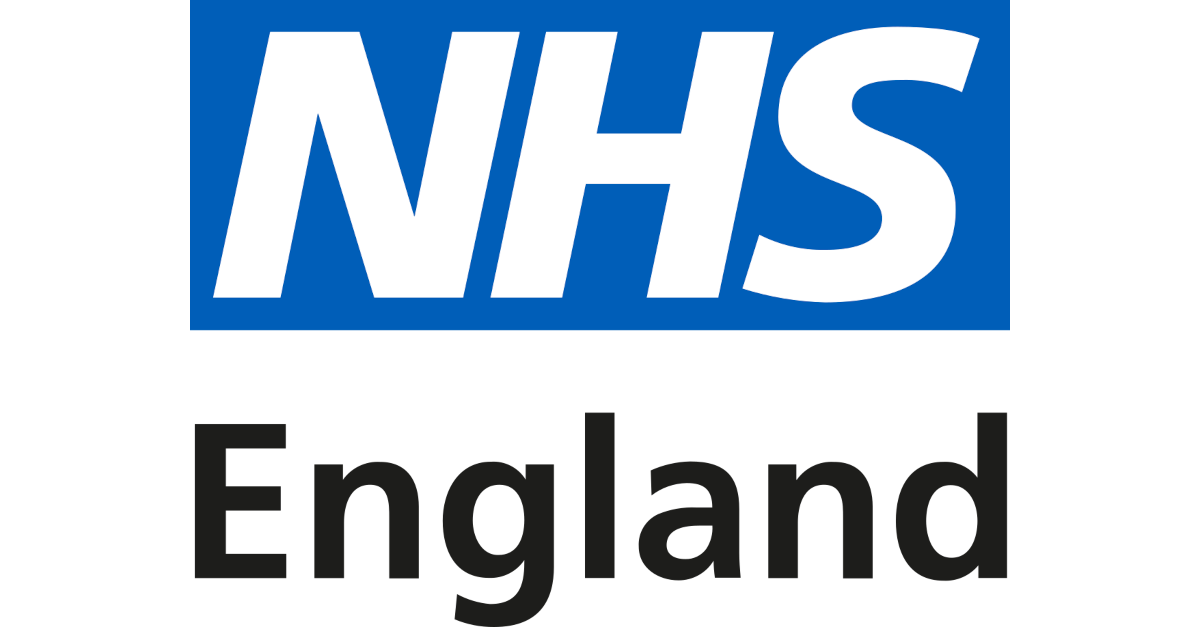Thousands of severely obese children are being supported to lose weight and live healthier lifestyles thanks to the roll-out of specialist NHS clinics and new digital ‘smart scale’ technology to deliver expert care at home.
In a first-of-its-kind initiative, new technology is now being piloted at 15 Complications from Excess Weight clinics, which enables NHS staff to monitor and provide continuous weight loss support to patients and their families, without the need for frequent visits to hospital.
Around 350 patients and their families are already using the new tech, which consists of smart scales with ‘hidden digits’ for home use that connects to a mobile app to visually display the direction of their weight management without displaying the specific numbers.
The data is automatically transferred to the patient’s clinical team, who can keep in touch with the family through the app to send regular personalised feedback to support behavioural changes to achieve their goals.
It comes as new analysis shows that 4,784 children and young people (aged 2 to 18) living with severe obesity in England have now received care for complications or conditions associated with excess weight from the network of 32 specialist NHS clinics, since 2021.
NHS chiefs see the new smart scale tool and app as a way of expanding CEW clinics’ delivery of holistic care and using behavioural change techniques to treat obesity – and will be rolling the system out to four more clinics this Summer to help 150 more children.
Professor Simon Kenny, NHS England’s National Clinical Director for Children and Young People, said: “It is fantastic that through cutting-edge technology and a holistic and behaviour-change approach to obesity care, our specialist NHS clinics have already transformed the lives of thousands of children and young people – supporting them to lose weight, live heathier lives and improve their mental health.
“This game-changing tool is helping our specialists support and keep track of children’s weight loss progress without them needing to leave home, while offering regular advice to them and their parents to help build healthy habits.
“Living with excess weight can cause problems affecting every organ system and long-term complications such type 2 diabetes, stroke, early joint replacements and mental health difficulties. We also know that children living with health problems have poorer school attendance which can affect their future employment and life opportunities – and the NHS won’t just sit by and let children and young people become ill adults.
“This important research on the life-changing impact that our NHS clinics are having highlights the complexities of the challenges facing so many young people and reaffirms our belief that early intervention can help limit excess weight gain and prevent the onset of associated long-term health complications.”
In new analysis presented at the European Congress on Obesity in Malaga, researchers from Leeds Beckett University, Sheffield Hallam University, University of Leeds and University of Bristol examined the demographics of patients attending CEW clinics, and frequency of conditions associated with obesity.
The results showed:
- a high proportion of patients supported by CEW clinics have a neurodevelopmental disorder, such as autism (914/3810 – 24%) or a learning disability (757/3270 – 23%)
- a significant proportion of children and young people had major health complications such as metabolic dysfunction-associated steatotic liver disease (1014/3274 – 30%), obstructive sleep apnoea (588/2747 – 21%), and hypertension (614/2876 – 21%)
- over 40% of patients live within the most deprived neighbourhoods (deciles 1 and 2 of the Index of Multiple Deprivation)
Among the conclusions, the researchers reached were that CEW clinics are serving a typically underserved demographic; and data highlights there is a clinical need for this type of weight management services at a young age.
Dr Catherine Homer, Associate Professor of Obesity and Public Health in the School of Sport and Physical Activity Sheffield Hallam University, said: “We know there is an urgent need to provide specialised person-centred support for the many children and young people currently living with severe and complex forms of obesity. Through our evaluation we are already seeing how crucial CEW clinics are to providing this support, and therefore it’s imperative that the clinics should be integral to the forthcoming 10 year plan”
One person, who has benefited from the support offered by a CEW clinic is Kirsty, who is 16 years old. Kirsty has been attending Sheffield Children’s NHS Foundation Trust CEW clinic for two years now.
At school, Kirsty was severely bullied about her weight and height, which led her to experiencing struggles with her mental health as well as gaining more weight.
While attending an appointment with an endocrinologist, Kirsty was asked she if wanted to be referred to a CEW clinic. Kirsty, initially said no, but later changed her mind.
Kirsty, said: “I have to say it was the best decision I ever made, obviously I didn’t know that at the time. I really didn’t want to go because I felt like I was going to be judged and told that I was ‘fat’ and needed to lose weight in a certain amount of time, but it was totally the opposite.
“At my first appointment, I have never felt so included as I did with them. They made me feel welcome, included and so positive about achieving the goals I wanted to achieve.
“I had a few more appointments after this and I learnt more about the clinic. However, I was still really nervous; and my anxiety was really affecting me. I explained this to the CEW team, and they took it on board and reassured me that they are not there to judge, and they are there to help, which is so true. They said to me that they were going to put my weight to one side and help me with my mental health.
Talking about my mental health helped me a lot. The team also taught me a lot about food groups, portion sizes and lots of other things. Now, I am the best I have ever felt, I am the lowest weight I have ever been and still losing weight. I am getting a lot of help with my mental health and also still getting a lot of other support. The weight management service is a great service ,and they really don’t judge you, they are happy to support you anyway they can. I feel like I have gained control of my life again throughout all the experiences I have been through I have learnt that I can speak up for myself, and I do have a voice.”
Patients being treated at CEW clinics get access to specialist NHS doctors, nurses, psychologists, social workers and dietitians, who assess their complications, provide tailored help with diet and lifestyle changes, and deliver mental health support and coaching.
In addition to providing treatment, CEW clinics also work at identifying the factors associated with obesity in children and young people by considering their mental wellbeing alongside their physical health.
The criteria for a child or young person to be referred to a CEW clinic is that they have a body mass index (BMI) above the 99.6 percentile and a complication of excess weight.
Since 2021, the NHS has been taking action to treating more children for severe complications related to their obesity and avoiding the need for more invasive treatment.





